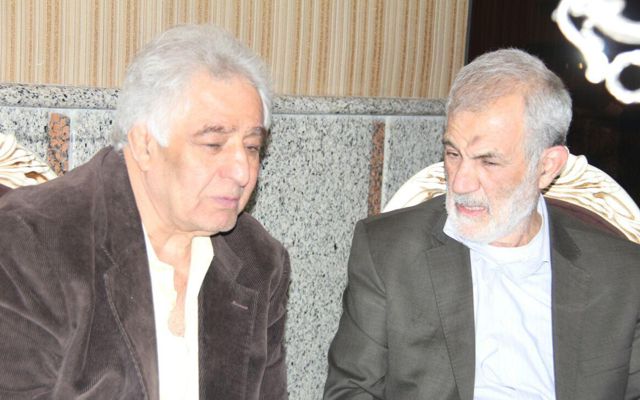Sports often serve as a unifying force within nations, bringing diverse populations together under one flag. For example, South Africa’s 1995 Rugby World Cup win, embraced by Nelson Mandela, became a symbol of post-apartheid reconciliation. Yet, sports can also reveal or deepen political divides. Teams, symbols, and even athletes themselves can become contested sites of identity, nationalism, or exclusion.
From the Black Power salute of Tommie Smith and John Carlos at the 1968 Olympics to recent movements like Black Lives Matter protests in the NBA, the playing field has been a stage for resistance. These gestures resonate globally, inspiring debates on free expression, patriotism, and justice. Sporting institutions often find themselves in the difficult position of deciding whether to support or silence such demonstrations.


